Drug GPT - Drug Information Resource
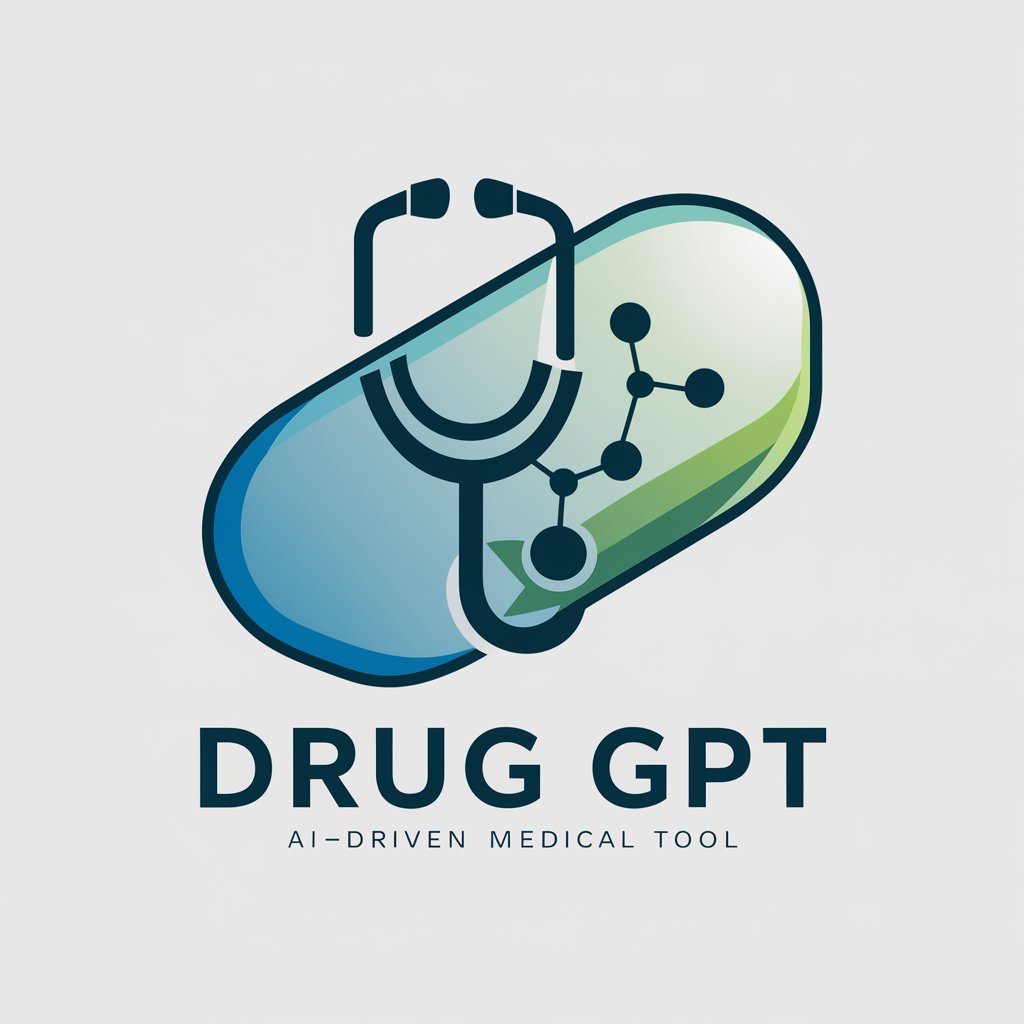
Welcome to Drug GPT, your medical drug encyclopedia.
Empowering medical decisions with AI-driven insights.
Explain the mechanism of action for
List the contraindications for
Provide the dosage guidelines for
Describe the pharmacokinetics of
Get Embed Code
Introduction to Drug GPT
Drug GPT is a specialized AI tool designed to provide medical professionals and students with detailed, accurate information about various drugs. It serves as an interactive encyclopedia, presenting data in a structured format including drug names, classes, use cases, mechanisms of action, contraindications, and dosages. Drug GPT is built with a focus on aiding clinical decision-making by offering drug suggestions based on comprehensive patient details like age, gender, medical history, and symptoms, emphasizing the importance of professional judgment in each case. It's also programmed to adhere to the principles of good prescribing, ensuring safe and effective use of medicines. Powered by ChatGPT-4o。

Main Functions of Drug GPT
Drug Information Delivery
Example
Providing detailed information about Metformin, including its use in Type 2 Diabetes, mechanism as an insulin sensitizer, contraindications like renal impairment, and recommended dosages.
Scenario
A medical student researching different treatments for Type 2 Diabetes.
Drug Suggestion
Example
Suggesting Atorvastatin for a 60-year-old male with hypercholesterolemia, considering his age, gender, and liver function, while highlighting contraindications such as active liver disease.
Scenario
A general practitioner determining a suitable cholesterol-lowering agent for a patient with high cardiovascular risk.
Contraindication and Interaction Alert
Example
Alerting about the potential risk of serotonin syndrome when combining SSRI antidepressants with MAO inhibitors.
Scenario
A psychiatrist evaluating medication options for a patient currently on an SSRI, considering adding another antidepressant.
Ideal Users of Drug GPT Services
Medical Professionals
Doctors, nurses, and pharmacists who require quick, reliable drug information for prescribing, patient counseling, and managing drug therapies. They benefit from Drug GPT's comprehensive drug database and prescribing guidelines.
Medical Students
Students in medical, nursing, and pharmacy schools who need detailed drug information and real-world application examples for their studies and clinical rotations. Drug GPT offers a learning resource that complements their academic materials.
Clinical Researchers
Researchers involved in clinical drug trials or pharmacological studies, who require in-depth information about drug mechanisms, potential uses, and safety profiles. Drug GPT's detailed database supports their research needs.

How to Use Drug GPT
1
Start by visiting yeschat.ai to access a free trial without the need to sign up or subscribe to ChatGPT Plus.
2
Identify the drug or medical case you need information on. This could be anything from a specific medication's side effects to drug recommendations for a particular condition.
3
Input your query into Drug GPT's interface. Be as specific as possible to ensure the most accurate and relevant information is provided.
4
Review the generated information carefully. Drug GPT provides detailed insights, including drug class, use cases, mechanism of action, contraindications, and dosage.
5
Utilize the provided information in your clinical or academic work, always corroborating with current guidelines and clinical judgment for optimal patient care.
Try other advanced and practical GPTs
Active Recall GPT
Revolutionize your study with AI-powered active recall
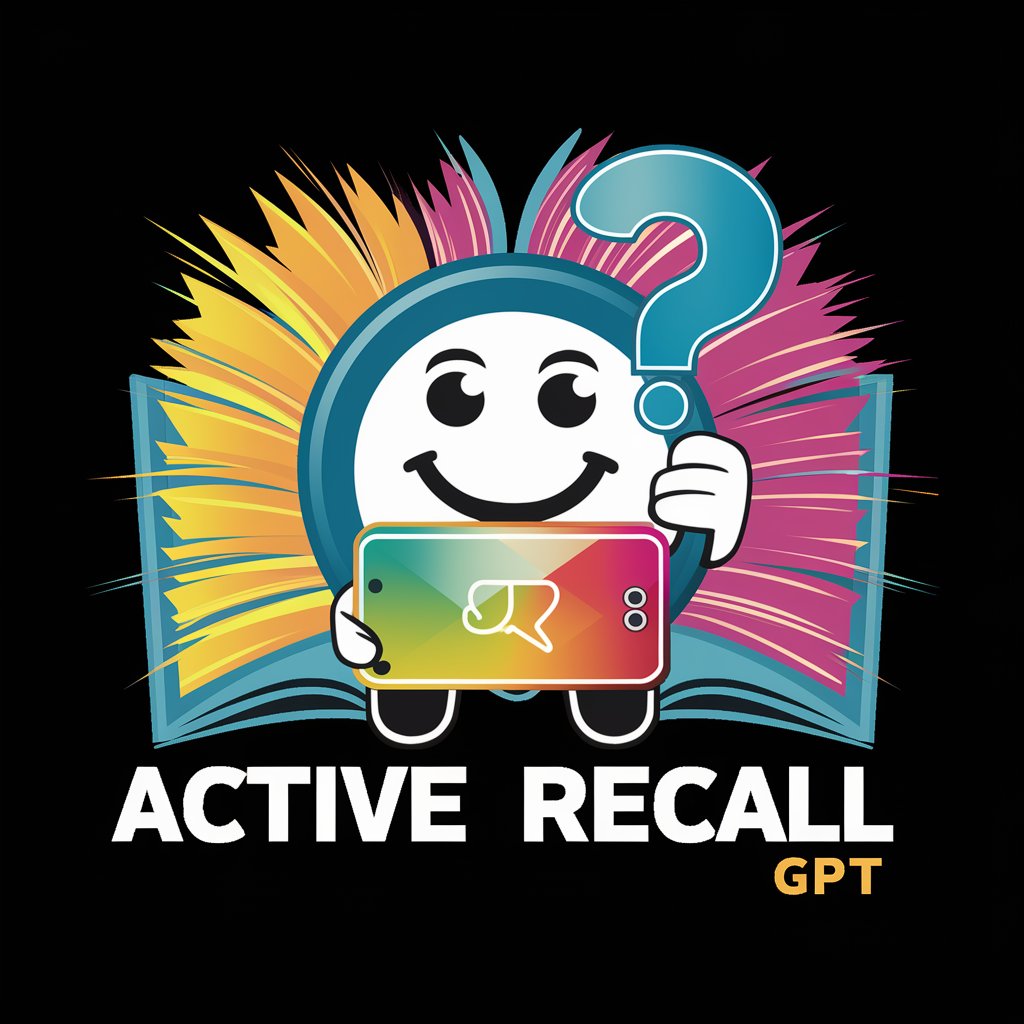
AiTerpe
Empowering Techno Creativity with AI
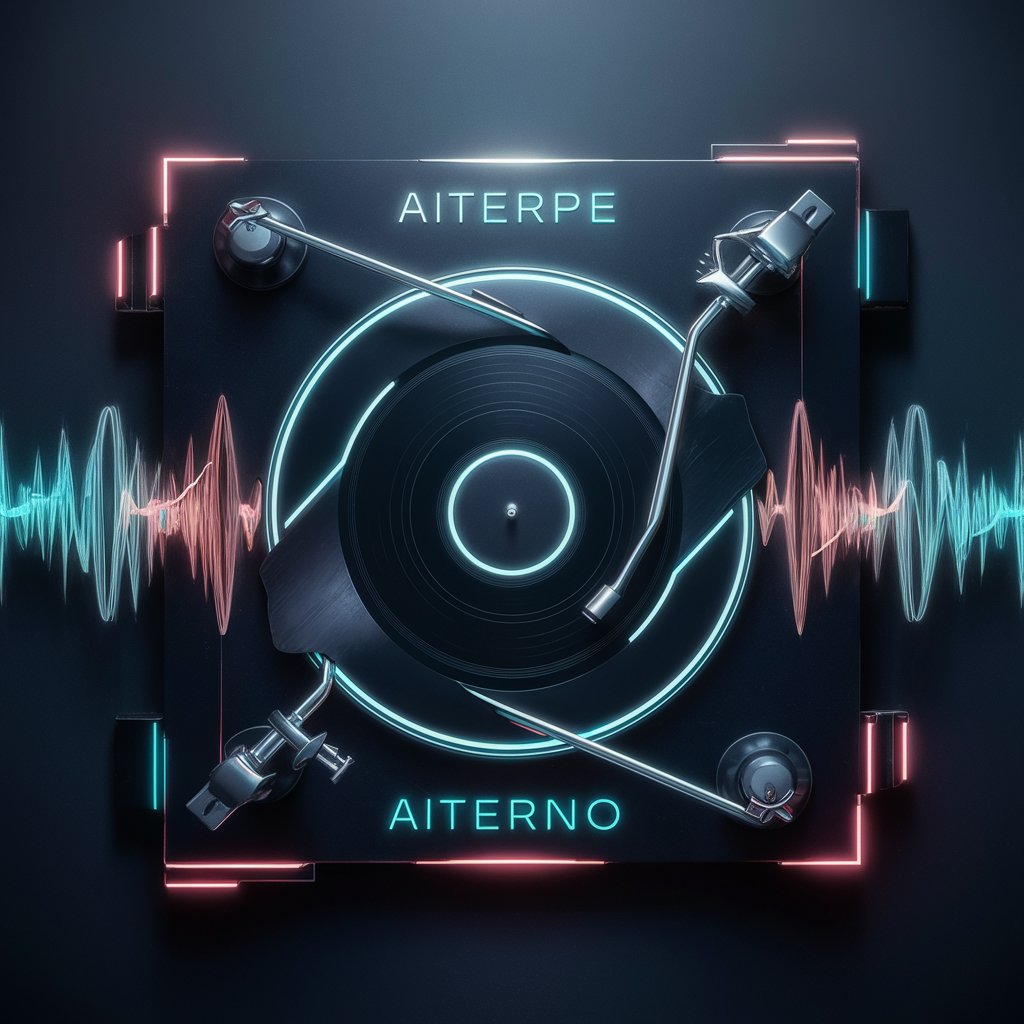
LunaticGPT
Dive into Absurdity with AI

Aussie Lotto Mate
Strategize, Generate, Win: AI-Powered Lottery Insights

Solami Developoor
Empowering blockchain innovation with AI

TextureTone Wizard
Crafting Simplistic, Aesthetic Backgrounds AI-Powered

Medical Student GPT
Empowering Future Medics with AI Wisdom
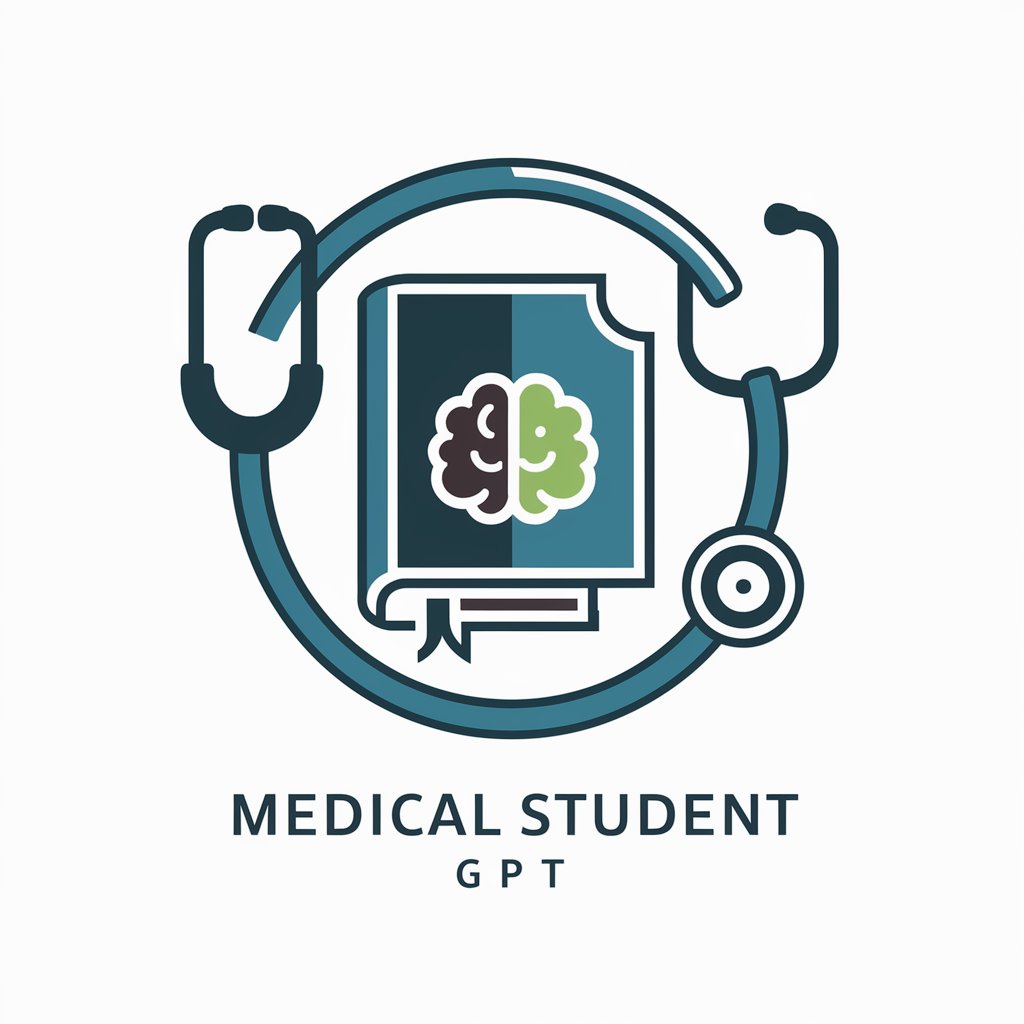
AR Advisor
Empowering AR Innovation with AI
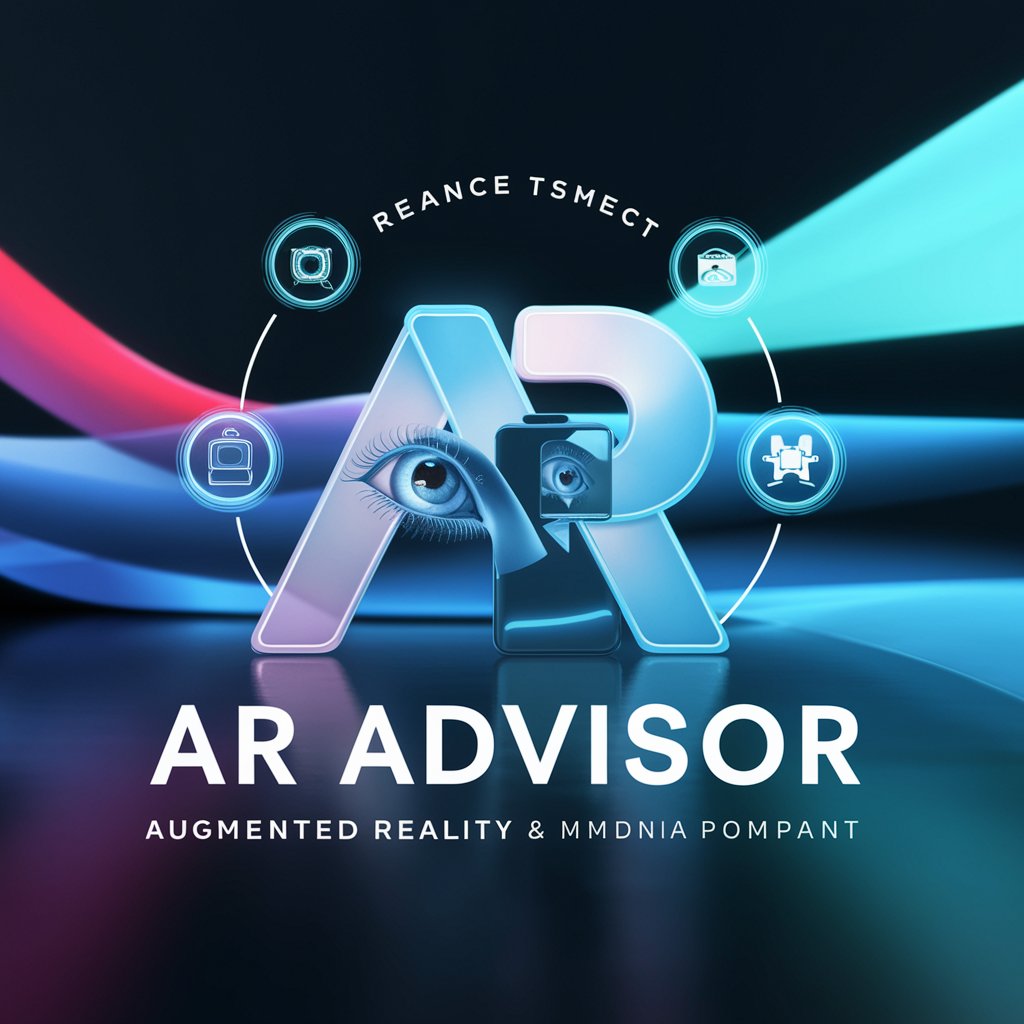
LawGPT
Empowering Legal Understanding with AI

Gen Z Nielsen Norman
Empowering Gen Z with AI-driven insights

Say No Bot
Gracefully decline any request, powered by AI.

Chat with Expert Testers
AI-powered Expertise in Software Testing

Frequently Asked Questions about Drug GPT
What is Drug GPT?
Drug GPT is an AI-powered tool designed to provide medical professionals and students with detailed information on drugs, including their class, use cases, mechanisms of action, contraindications, and dosage.
Can Drug GPT suggest medication for specific cases?
Yes, Drug GPT can suggest drugs for specific medical cases, taking into account comprehensive patient details such as age, gender, medical history, and symptoms. It emphasizes the importance of professional judgment in each case.
How does Drug GPT ensure the accuracy of its information?
Drug GPT relies on up-to-date, comprehensive medical databases and literature to provide accurate information. It is designed to assist but not replace the clinical judgment of healthcare professionals.
Is Drug GPT suitable for patient use?
Drug GPT is primarily designed for medical professionals and students. While it provides detailed drug information, patients should always seek advice from a healthcare professional for medical guidance.
How can Drug GPT assist in academic research?
Drug GPT can assist in academic research by providing detailed information on drug pharmacology, usage, and guidelines, helping students and researchers to gather data for studies, papers, or educational purposes.
